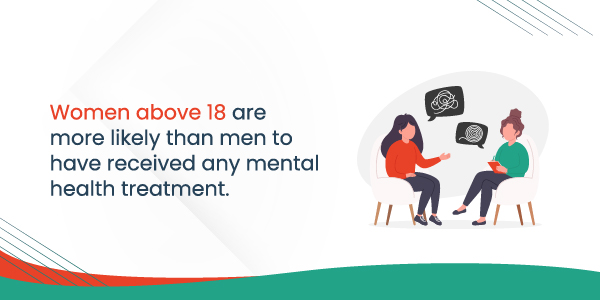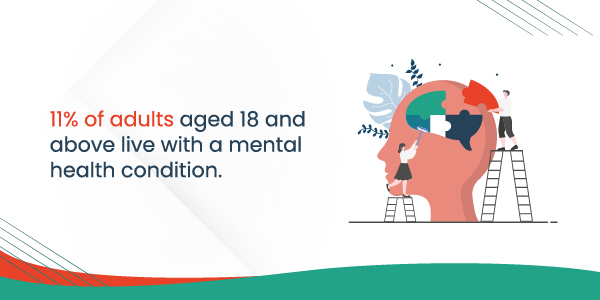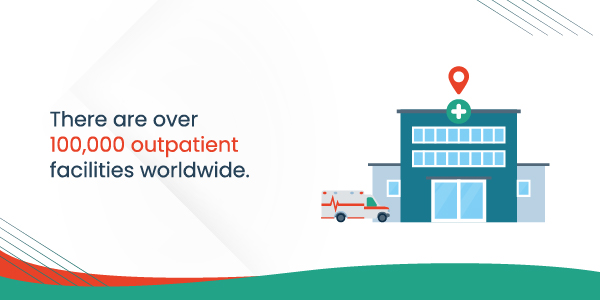What Are Intensive Outpatient Mental Health Programs?
Learn more about how an intensive outpatient mental health program can help you live a happier life.
Our knowledgeable team is ready to discuss your situation and options. Your call is confidential with no obligation required.
In today’s fast-paced world, mental health has become a topic of paramount importance. As we navigate our daily lives, it’s essential to have access to resources and support. One such resource is an intensive outpatient mental health program (IOP).
But what exactly is an IOP, and how can they benefit those in need?
In this article, we’ll delve into the world of IOP. We will explore their structure, purpose, and the advantages they offer. We will also see how to get the right intensive outpatient mental health programs at Boardwalk Recovery Center.

Our knowledgeable team is ready to discuss your situation and options. Your call is confidential with no obligation required.
Intensive outpatient programs are typically designed for individuals who require more support than traditional outpatient treatment. They also do not require the 24-hour care provided in residential treatment programs. An IOP will typically involve:
IOPs typically involve group therapy sessions. They can provide individuals with a sense of community and support.
Intensive outpatient programs offer a structured and supportive environment. Here, individuals can receive therapy and medication management services. They also develop coping skills and receive support from peers and mental health professionals.3
IOPs typically offer evidence-based therapies. Patients get cognitive-behavioral therapy and dialectical behavior therapy. These therapies are proven to be effective in the treatment of mental health disorders.

It is important to note that an IOP will typically require individuals to have a level of stability and functioning. This allows them to participate in the program’s activities. They also adhere to the treatment plan.
The hours required for an adolescent intensive outpatient mental health program may vary. It depends on the treatment center or program. However, most intensive outpatient programs are designed to provide at least 9 hours of treatment per week spread over three or more days.5
It is important to note that an adolescent IOP will typically require commitment. You should attend all scheduled treatment sessions and actively participate in the treatment process.
Family therapy is often included in IOP treatment. These sessions involve the individual’s family members. It also focuses on improving communication and relationships within the family.
Intensive outpatient programs often include skill-building sessions. They focus on developing coping skills, communication skills, and problem-solving skills.

In an IOP, group therapy sessions can occur several times a week. They also last for several hours per session.
Group therapy can help individuals in an IOP feel less alone and isolated in their struggles. They connect with others who share similar experiences. It also provides opportunities for individuals to receive support and feedback from peers.

Intensive outpatient mental health programs and partial hospitalization programs are not the same. IOP treatment will typically involve therapy sessions several times a week. They range from 3-5 hours per day.
Both IOP and PHP provide a structured treatment environment that includes the following:

Boardwalk Recovery Center offers an intensive outpatient mental health program. Our programs are designed to provide comprehensive treatment for individuals struggling with mental health disorders.
Our intensive outpatient mental health programs at Boardwalk Recovery Center provide comprehensive treatment for individuals struggling with mental health disorders.
Our programs are tailored to meet the specific needs of each individual and focused on providing evidence-based therapies. These therapies are proven to be effective in treating mental health disorders.
For more information on Intensive outpatient mental health programs, please reach out today.
